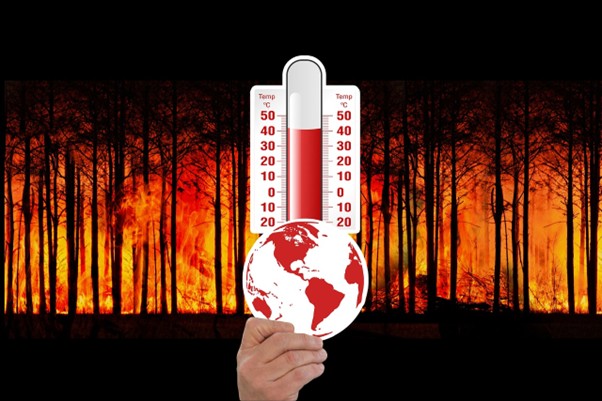Nature is under relentless assault worldwide. Underground nuclear experiments, deforestation, mountain blasting for minerals, and even artificial cloud bursting disrupt natural ecosystems. Behind these destructive activities lies not the pursuit of human betterment but sheer greed and profit. This unchecked exploitation has placed humanity at great risk, with Pakistan serving as a tragic example. Since the 2005 earthquake and subsequent floods, Pakistan has witnessed escalating environmental disasters, including devastating cloud bursts that have wiped out entire villages. Yet, instead of holding the real culprits accountable—timber mafias, real estate tycoons, and corrupt officials—society blames “natural disasters.” The truth is that human actions, driven by avarice, are the root cause of these catastrophes.
Human interference with nature has reached alarming levels. Forests are cleared for timber and urban expansion, mountains are dynamited for minerals, and rivers are encroached upon for commercial projects. Even the weather is manipulated through cloud seeding, disrupting natural rainfall patterns. These activities are justified under the guise of “development,” but their primary motive is financial gain.
In Pakistan, deforestation by timber mafias has exacerbated flooding. Trees that once absorbed rainwater and stabilized soil are gone, leading to unchecked water flow that destroys villages and cities. Similarly, illegal construction on riverbanks—luxury hotels, resorts, and housing societies—has narrowed natural waterways, increasing flood risks. When disasters strike, the blame is placed on “nature’s wrath,” while those responsible evade accountability.
Every calamity brings promises of emergency plans, disaster management reforms, and aid distribution. Yet, in reality, these crises only enrich NGOs, consultants, and corrupt officials. Disaster management authorities receive hefty funds, but little reaches affected communities. Instead, influential locals and bureaucrats siphon off resources, leaving victims without proper rehabilitation.
The annual floods in Pakistan, which begin in Kashmir and flow down to the Arabian Sea, expose systemic failures. Despite recurring devastation, real estate developers continue to launch illegal housing schemes on floodplains, luring middle-class and poor buyers into vulnerable areas. Government negligence exacerbates the problem; rather than enforcing environmental laws, authorities prioritize personal perks and political gains.
The greatest irony is that humanity, in its pursuit of short-term profit, has become its own worst enemy. By ravaging nature, we invite catastrophic consequences—floods, earthquakes, and climate disasters—that ultimately harm us. Yet, instead of rectifying our actions, we coin terms like “natural disaster” to deflect blame.
To mitigate future disasters, strict enforcement of environmental laws is essential. Illegal deforestation, unregulated construction, and exploitative mining must be halted. Transparency in disaster management funds and genuine rehabilitation efforts—not profiteering—should be prioritized. Most importantly, society must recognize that these calamities are not “acts of God” but the direct result of human greed. Only by holding the powerful accountable and adopting sustainable practices can we prevent further destruction and secure a safer future.
